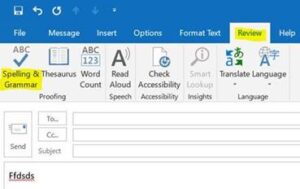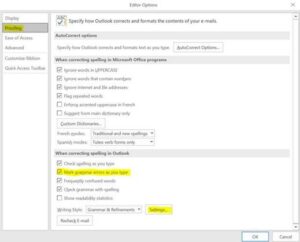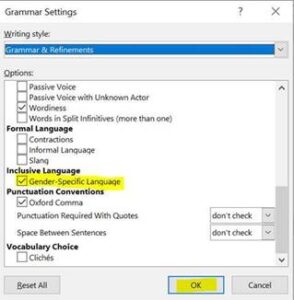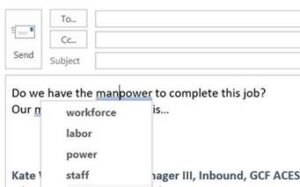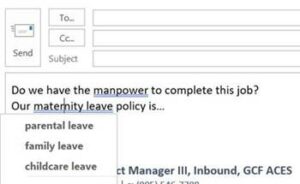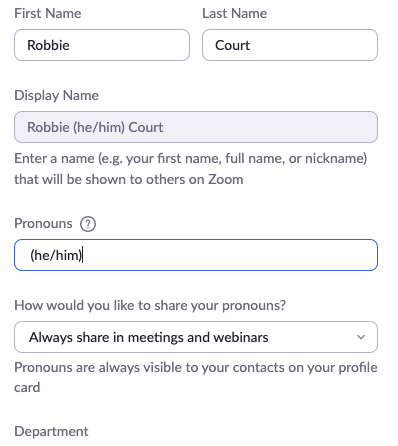by Tracy Noden (she/her)
Tracy is an LGBTQ+ Advocate at the School of Law, SPN Events Team volunteer and staunch ally to LGBTQ+ people. She regularly attends SPN events and training and we are very grateful for her significant contribution to the Staff Pride Network.
This opened with two excellent speakers (Dr Kamilla Kamaruddin and Mia Weston). There are so many challenges and negative stats, but both are hopeful for the upcoming, more inclusive, woke generation. The sky is the limit for ally support, but at the very least speak up when trans people need support. It’s vital to protect trans kids in schools. The only two situations in which to ask for a trans person’s surgical status are medical and dating situations, and even then sensitivity is required.
Terminology exercise:
Trans is the term for everyone under that umbrella; there was much argument about using transsexual/transgender in the 90s, but the trans community has accepted trans as correct.
Not all trans people experience gender dysphoria, and those who experience it don’t necessarily experience it in the same way.
Cis is used because it’s the Latin prefix opposite to trans. Referring to someone as non-trans rather than cis is also ok.
Understanding Identities:
Be more conscious of all the possible aspects of a person’s identity, and don’t assume ANYTHING based on any one of their aspects.
Provide a bin in men’s loo cubicles for the sake of trans males or nonbinary people who menstruate.
Consider any questions you might ask a trans person very carefully; why do you want to know, and is this the right situation in which to ask?
Trans experiences:
Trans bladder is a medical term that refers to bladder/urinary tract issues being more common among the trans community, possibly stemming from issues of trans people not feeling comfortable using a gendered public toilet.
Creating an Inclusive Environment:
There are so many benefits of enabling trans/nonbinary people to express themselves naturally. There are so many potentially harmful effects for trans/nonbinary people who can’t express themselves freely.
The Equality Act 2010 requires workplaces to be inclusive.
Allies should disclose their pronouns at meetings and in signatures to encourage others to do so and help normalise this.
If you make a mistake, apologise, correct yourself and move on. Listen first, ask if in doubt and always respect the individual’s choice.
Correct colleagues if needed (even if the trans person isn’t there), and show trans colleagues that their identity is being taken seriously.
Communicate to all staff that all gender expressions are welcome and valid.
Don’t comment on whether you feel a trans person could be more “convincing” or that they are “convincing”. This is totally inappropriate!
Provide non-gendered toilets.
Recognise that non-gendered facilities allow everyone to access a safe space.
Communicate to staff that anyone can choose which facilities align with their gender identity and they can use them without fear of harassment or intimidation. Understand the use and limits (eg not every trans person wants this) of gender-neutral facilities.
An accessible toilet is NOT a substitute for a non-gendered toilet.
Stonewall’s toilets are all non-gender, and every stall is fully private (each cubicle’s walls go all the way from the floor to the ceiling) and some have sinks/mirrors.
It’s great to have men’s, women’s and non-gendered toilets.
Create and highlight HR policies and employee support protocols. These policies add to the support all staff might need rather than taking away existing protections.
Make opportunities and support available to trans people, and encourage trans colleagues to consider themselves for new opportunities.
Think about how your actions at work contribute to making sure that trans colleagues are represented and included. Small things can make a big difference.
Being an Ally:
Be visible, and help create an inclusive workplace.
Don’t even passively accept transphobia and other bigotry.
Be visible, actively lead, be a role model (eg using correct pronouns even if others don’t).
Recommended Media (in bold and underlined if especially recommended):
Netflix: Disclosure, Sense8, Pose, Tales of the City, Drag Race UK, Dragnificent
Other TV: Veneno, Transparent, Euphoria
Films: Paris is Burning, No Ordinary Man: The Billy Tipton Story, Keyboard Fantasies, By Hook or by Crook, A Fantastic Woman, Something Must Break
Comedy/Performers: Mae Martin, FOCitup, Travis Alabanza
Podcasts: One from the Vault, Bad Gay, What the Trans?!, Translash, Marsha’s Plate
Activists: Fox and Owl Fisher, Juno Dawson, Munroe Bergdorf, Kuchenga, Liv Little / GalDem, Lady Phyll, Kenny Ethan Jones
Books: The Transgender Issue by Shon Faye, Transgender History by Susan Stryker, Lote by Shola von Reinhold and Redefining Realness by Janet Mock
